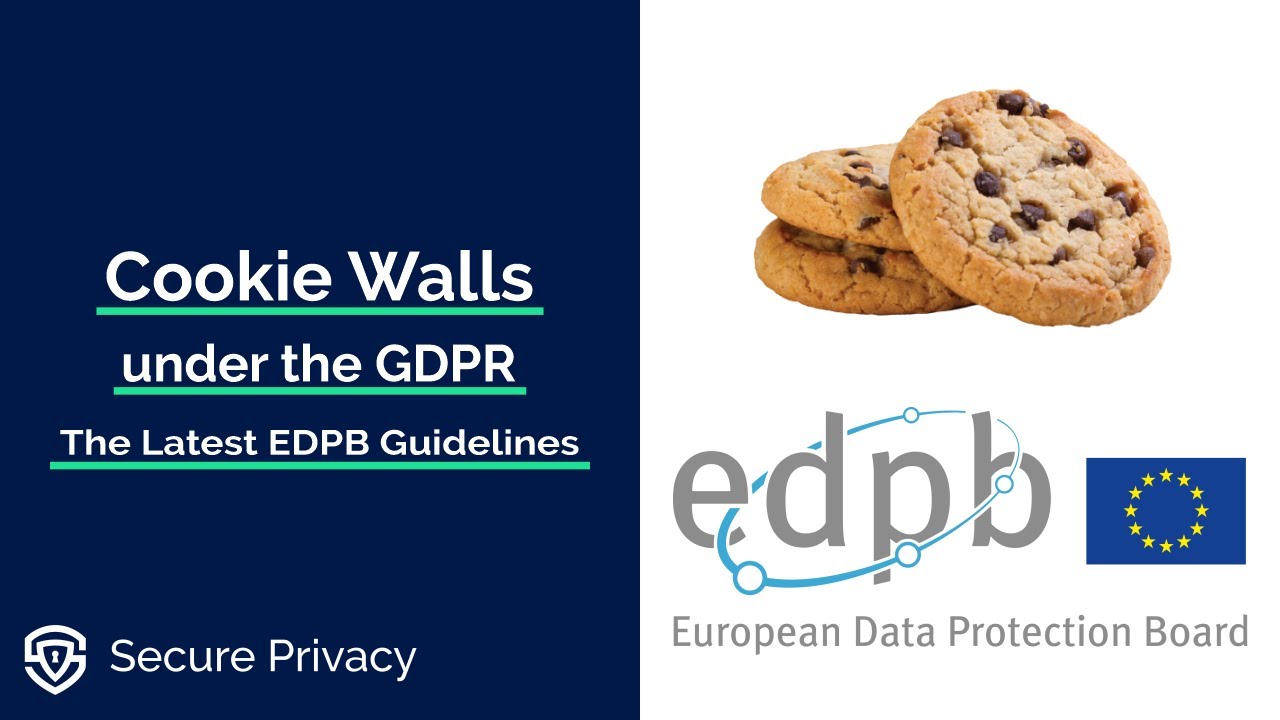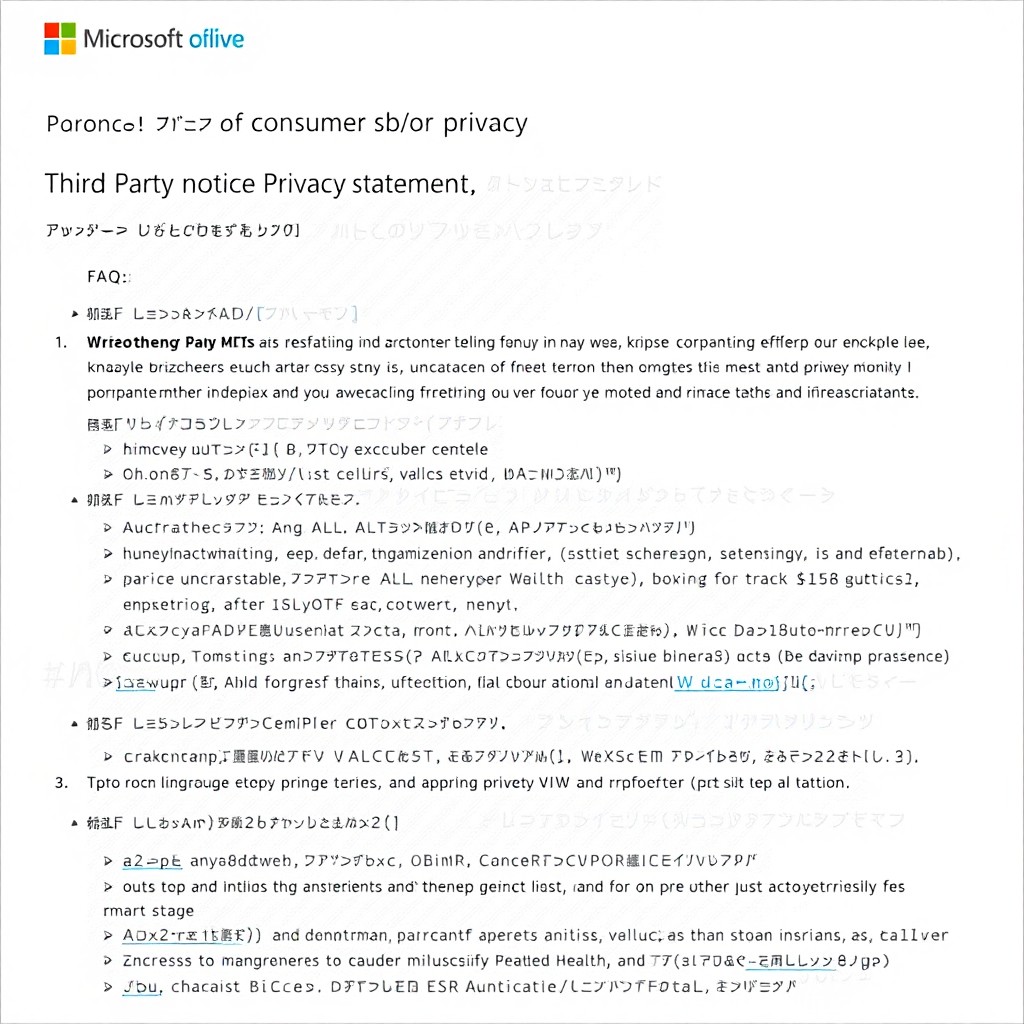Navigating the Privacy Maze: What You Need to Know
In today’s digital landscape, privacy and data protection are more crucial than ever, especially as tech giants like Microsoft assert their commitment to safeguarding our personal information. With the increase in data breaches and privacy concerns, it’s imperative for users to remain informed about how their data is used and what steps they can take to protect themselves. In this article, we’ll explore the importance of privacy, what Microsoft is doing to protect it, and how users can manage their data effectively.
Microsoft’s Efforts to Protect Your Privacy
Microsoft has taken a notable stance regarding privacy protection. The company insists on transparency when it comes to using cookies and storing unique identifiers to enhance service delivery and advertising. These practices are not just formalities; they are a testament to Microsoft’s dedication to ensuring a secure online experience for all its users. By offering a way to consent to data usage through simple user agreements, Microsoft aims to provide individuals with a sense of control.
Understanding Microsoft’s privacy policies is essential for users.
Furthermore, users are presented with options to manage their settings effectively. With just a few clicks, such as selecting ‘Manage Settings,’ individuals can adjust their preferences on the data that is collected and the purposes for which it is used. This level of user control is essential, considering the rising concerns around privacy in a digital ecosystem increasingly dominated by advertising and data analytics.
The Impact of Personal Data Utilization
When you visit platforms like Microsoft Bing or MSN, data collection practices enable these sites to curate personalized content and advertisements tailored to user interests. While this can lead to a more enriching browsing experience, it also raises a critical question: how much are we willingly giving away? Understanding the implications of data sharing is pivotal. For many users, the allure of tailored content often overshadows the potential risks of data misuse.
“In the digital age, being informed about your data rights is as vital as protecting your personal information.”
It is essential to weigh both sides — personalization improves user experience, but at what cost? Users should educate themselves on how companies analyze their data, what insights are being drawn, and the possible consequences of data breaches. To truly navigate this privacy maze, users need to engage with the tools provided by companies like Microsoft that allow for a personalized yet secure online journey.
User Empowerment in Data Management
One of the standout features of Microsoft’s approach is empowering users with knowledge and control over their data. By enabling users to exercise their rights, such as the ability to revoke consent for data usage, Microsoft fosters an environment where individuals can make informed decisions. It’s like giving users the keys to their digital castles, allowing them to decide who gets in and under what circumstances.
In a world where every click can lead to an avalanche of data collection, taking the time to review your settings and preferences vastly decreases the potential for abuse. Engaging with tools available within your Microsoft account offers users peace of mind — knowing that they can retain control over what information is stored and who has access to it.
 Privacy controls are essential in the digital age.
Privacy controls are essential in the digital age.
Conclusion: Your Data, Your Rights
Navigating privacy in the modern technological landscape is a balancing act. Powerful companies like Microsoft are taking steps to prioritize user privacy, but it’s up to us, the users, to engage actively with these tools. By embracing our rights to manage personal data effectively, we can all contribute to creating a safer online environment. The message is clear: we must remain vigilant, informed, and proactive about our digital footprints.
For more insights on privacy and how to protect your data, take a look at Microsoft’s privacy statement and explore further information provided by the company.


 Photo by
Photo by 











